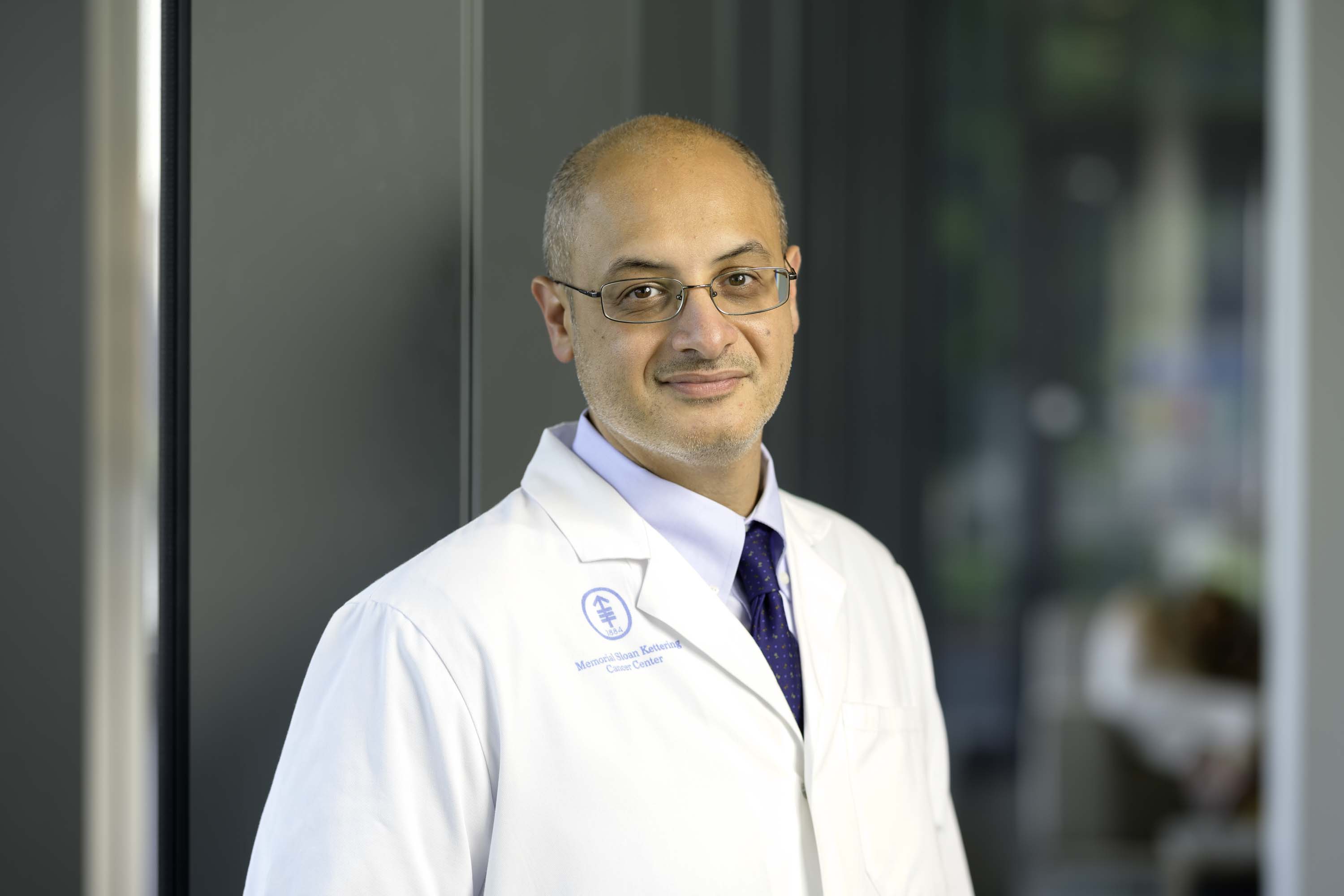
Bio
The Piskounova lab is interested in understanding the molecular plasticity of metastasizing cancer cells using patient-derived tumor models of melanoma and pancreatic cancer. We are focused on understanding molecular mechanisms that enable spread and survival of cancer cells to vital organs during advanced metastatic disease. We use patient derived-xenografts of melanoma and pancreatic cancer in vivo and cell culture systems in vitro to functionally identify molecular pathways that enable cancer cells to progress through different steps of the metastatic cascade.
Why study metastasis?
The main cause of death in cancer patients is the spread of cancer cells from the original tumor site to vital organs in the body. This process is called metastasis. Yet there are no therapies that specifically target metastatic cancer cells. Current chemotherapies target the original tumor but also poison normal cells in the body, limiting the efficacy of treatment and leading to toxic side effects. A possible way to circumvent this problem is to target the specific vulnerabilities of metastasizing cells. It is therefore imperative for us to better understand the molecular processes used by cancer cells to survive and thrive as they enter the blood and spread to vital organs. Our work uses melanoma and pancreatic cancer cells taken directly from patients to model metastasis. We inject these cancer cells into mice and observe metastasis to vital organs. We showed that tumors that metastasize in mice are those that metastasized in patients, and that the same vital organs are involved in mice and patients. Therefore, this experimental model of metastasis reflects the clinical outcome of the disease in the patients. Detailed understanding of key events that allow cancer cell survival during metastasis will enable us to develop therapeutic strategies that specifically target metastatic disease but spare normal cells in the body.
